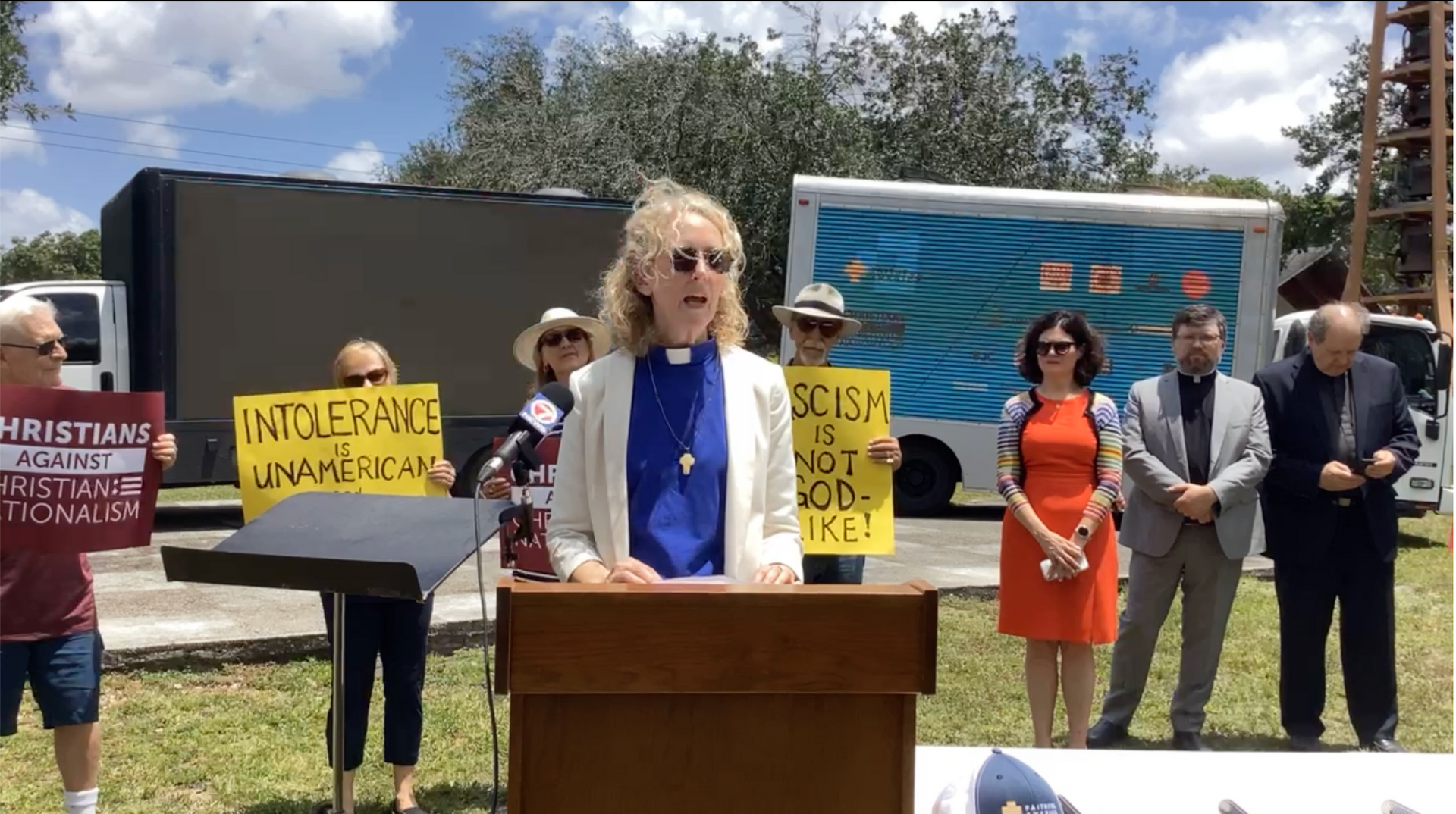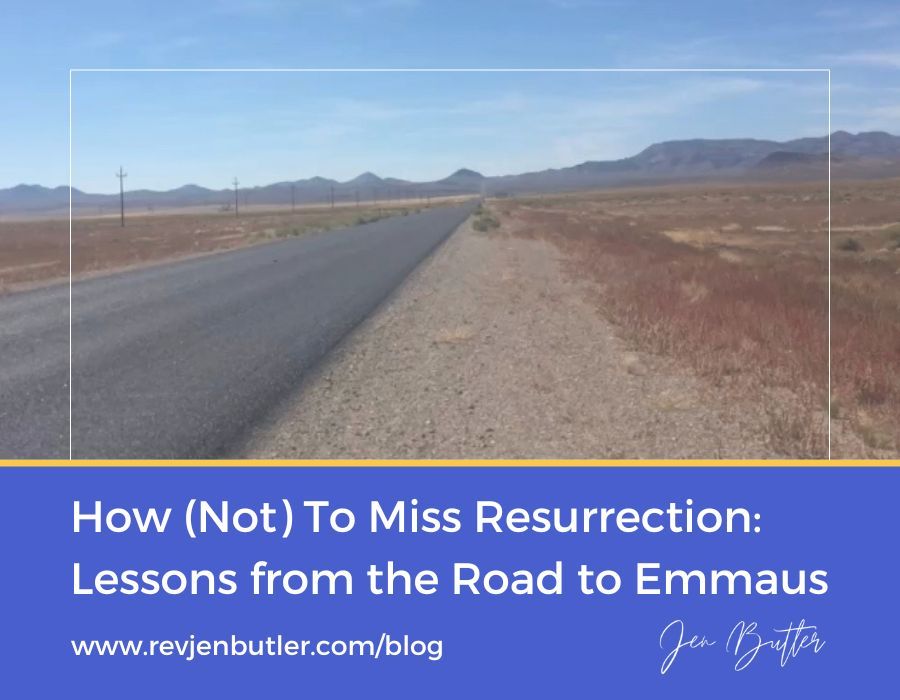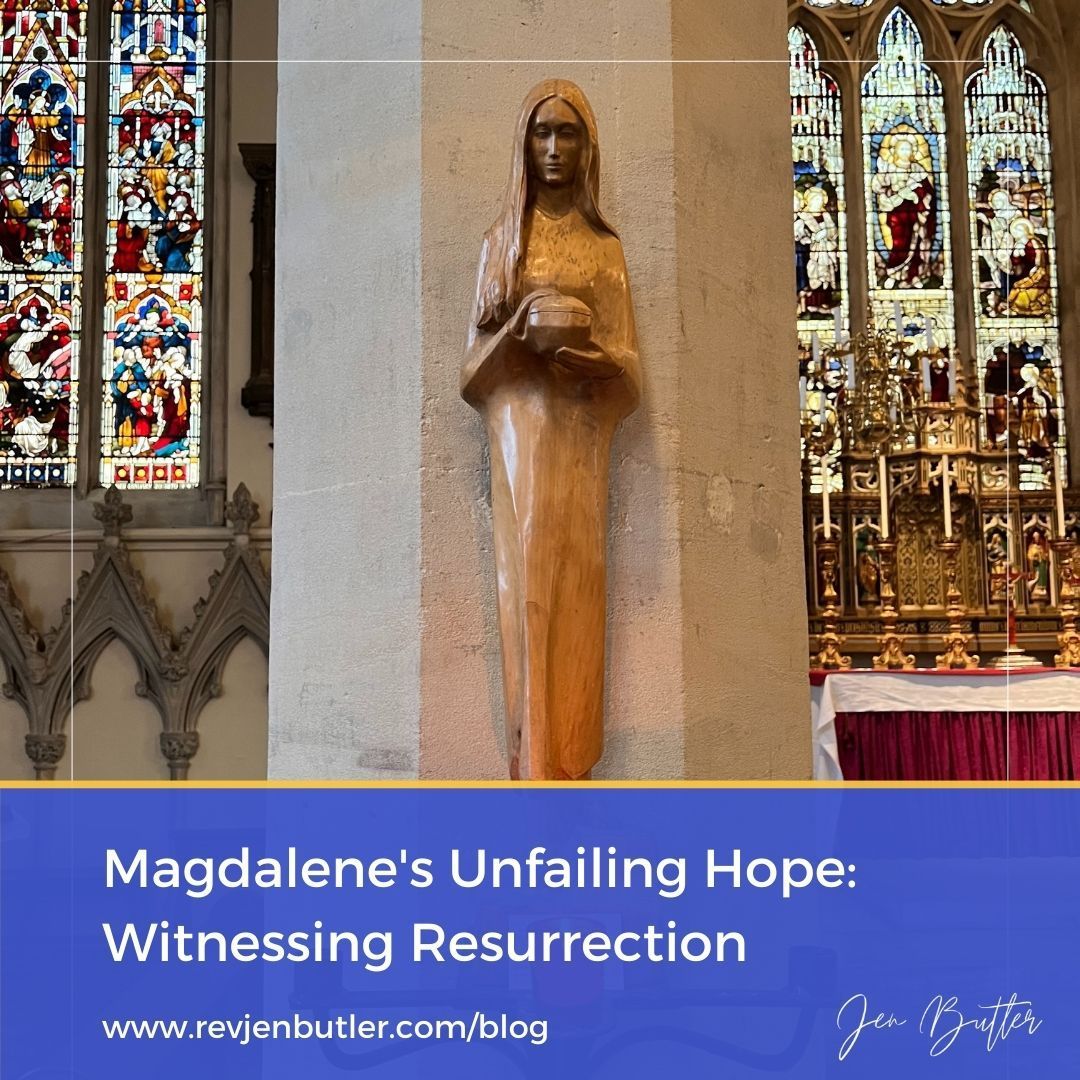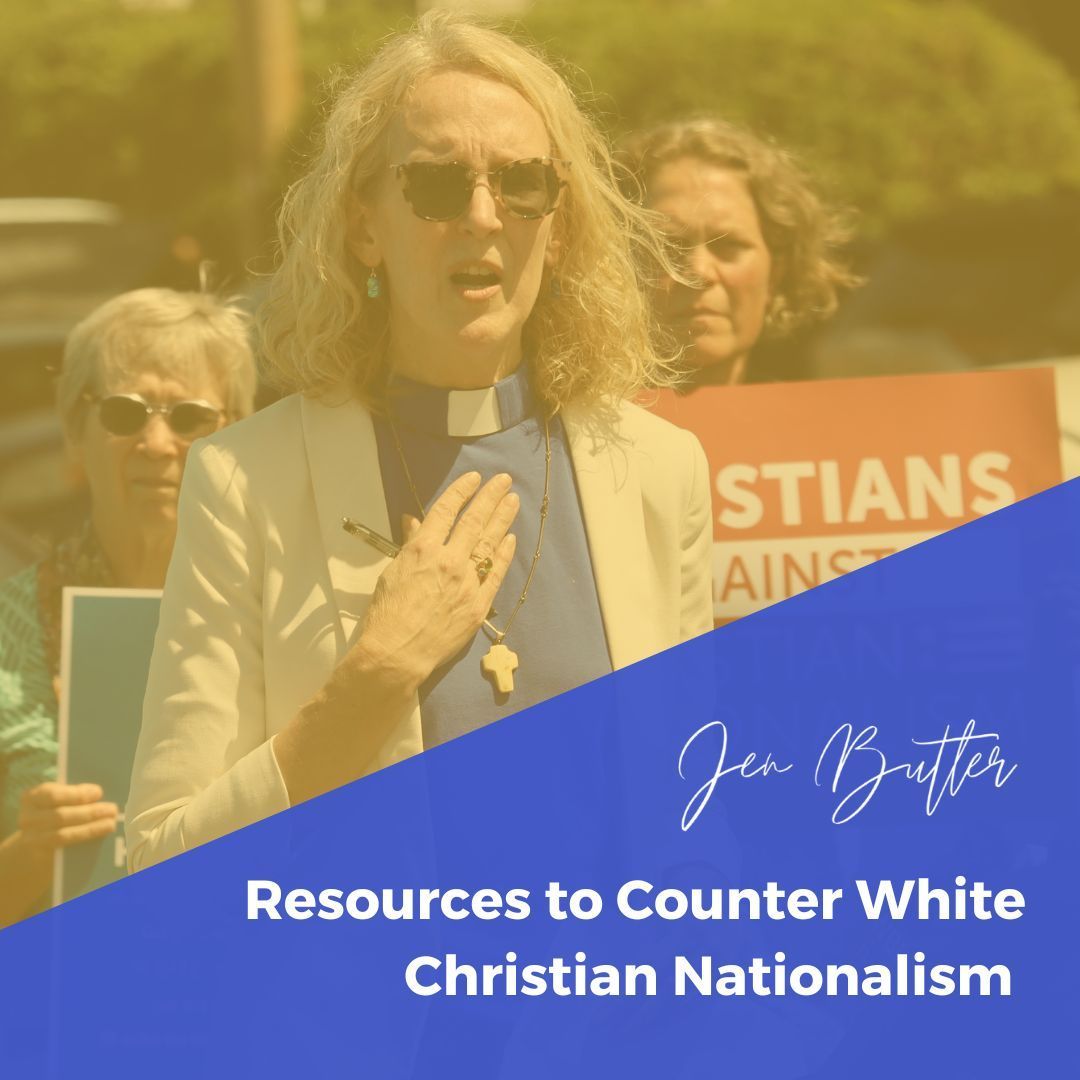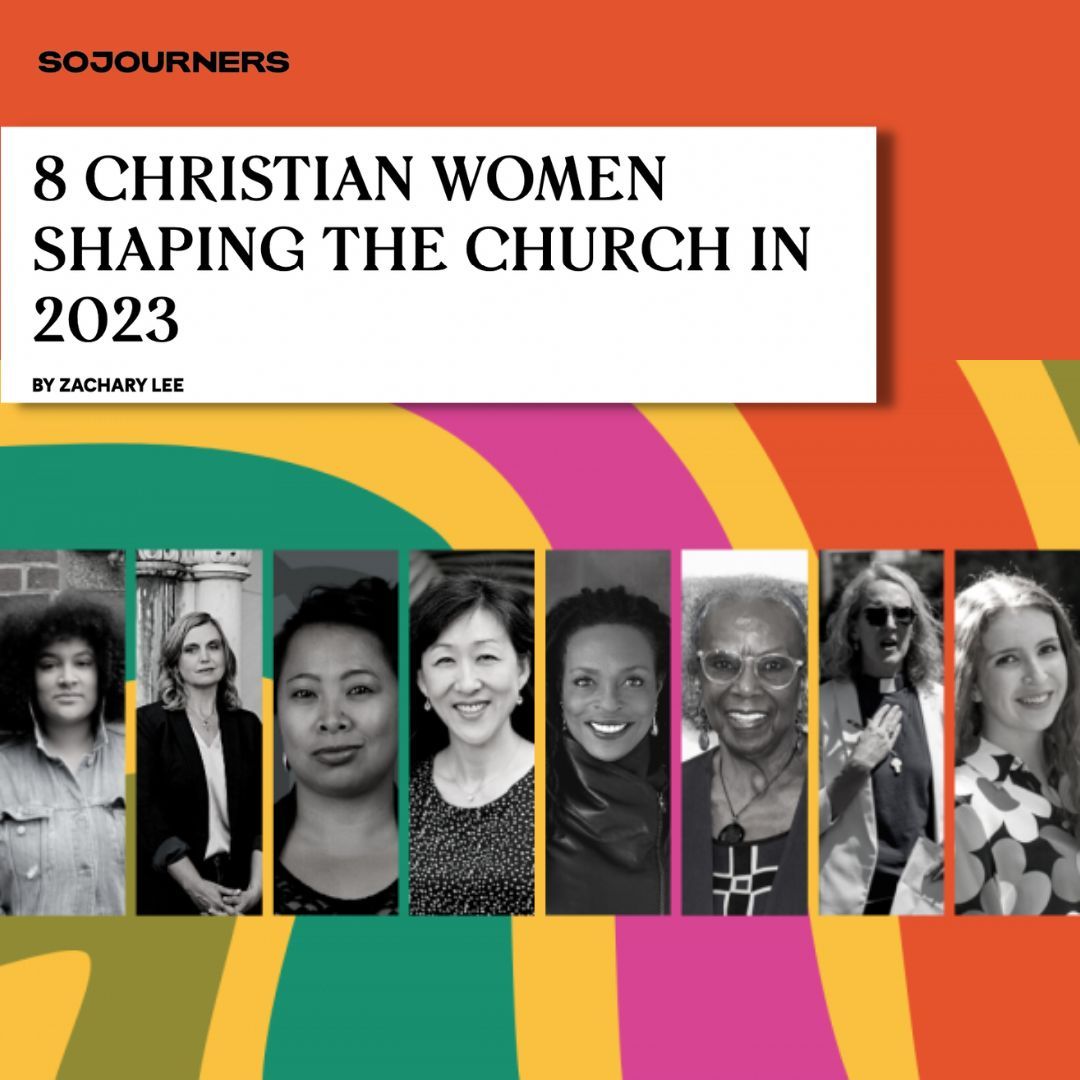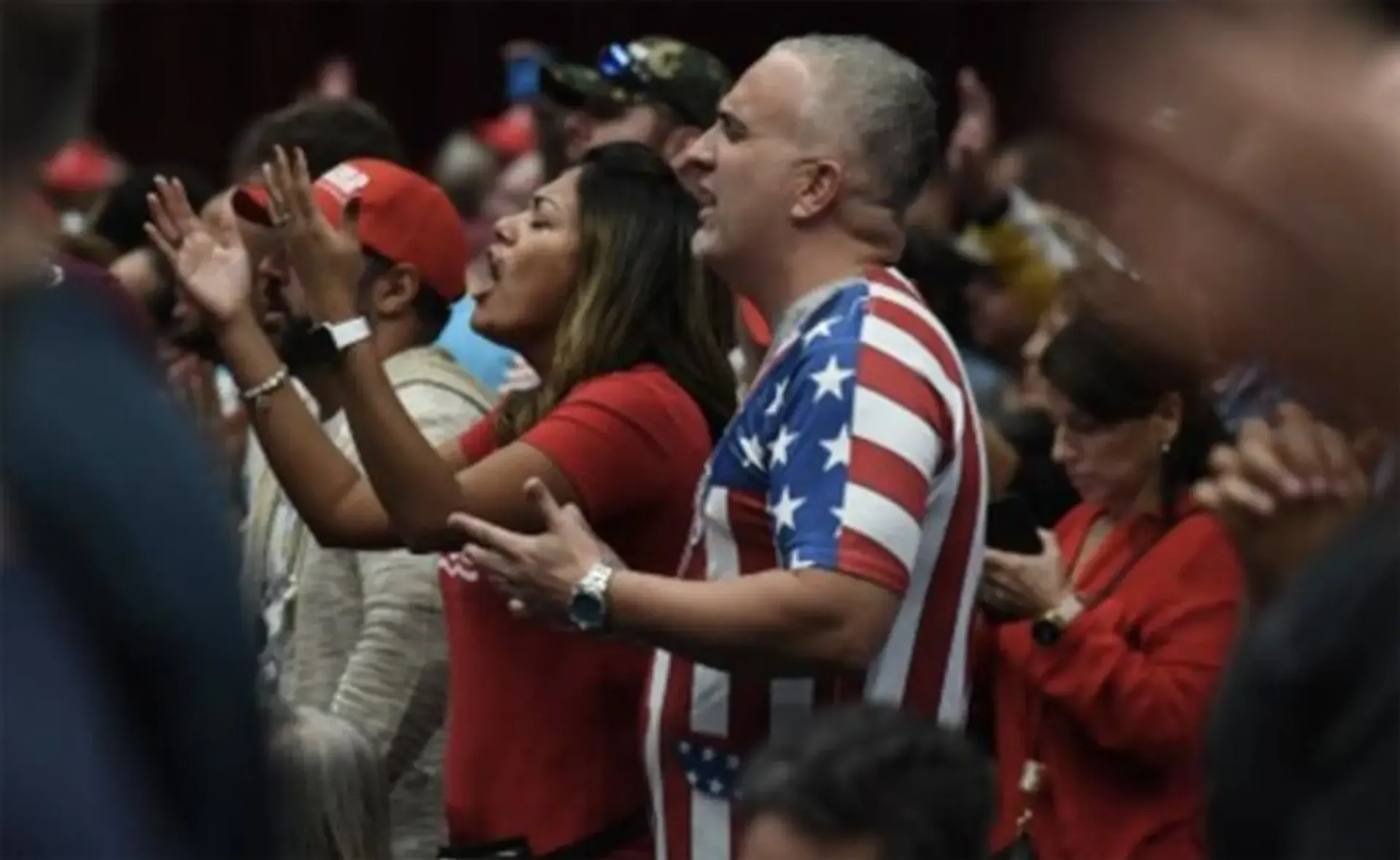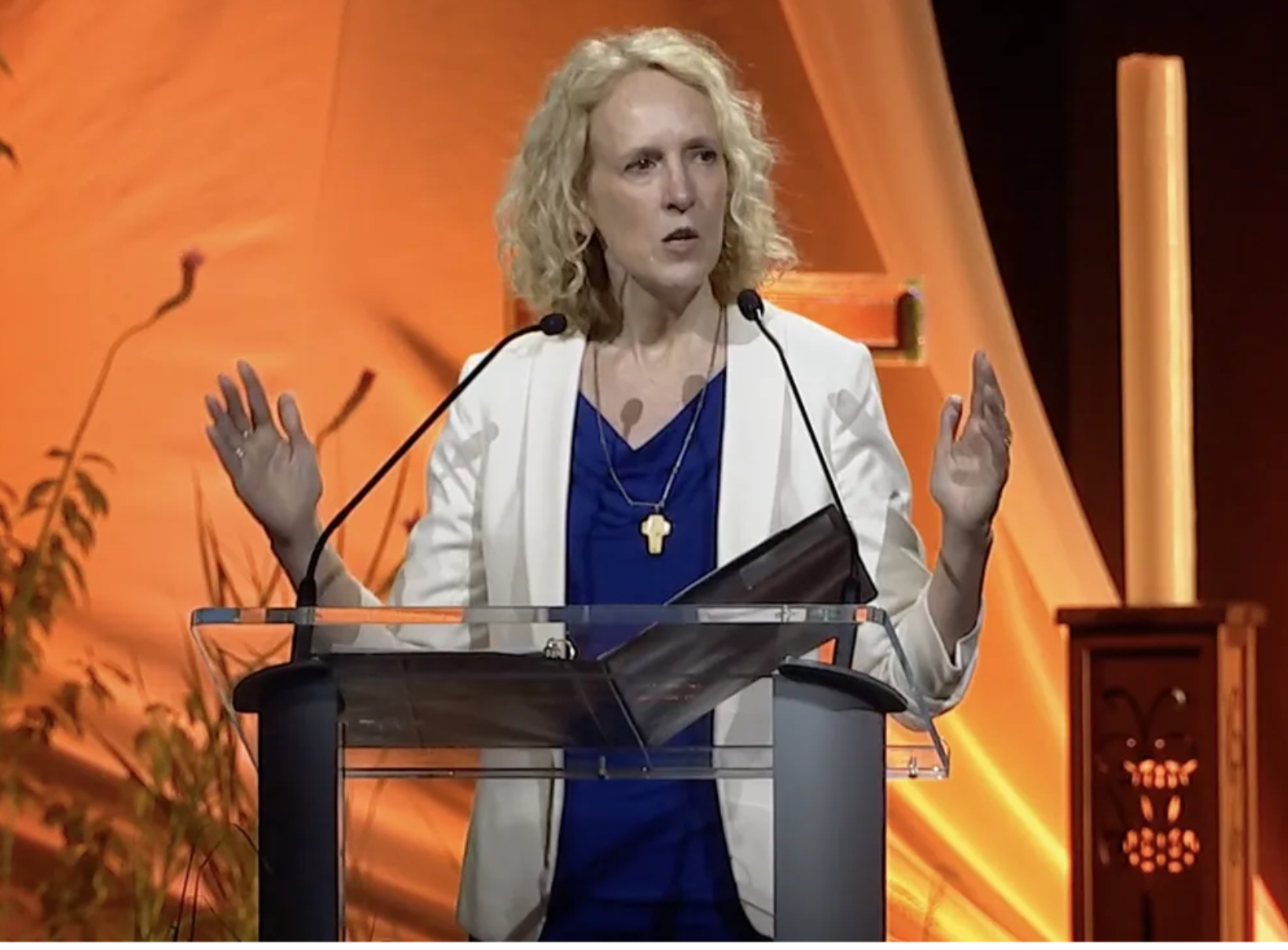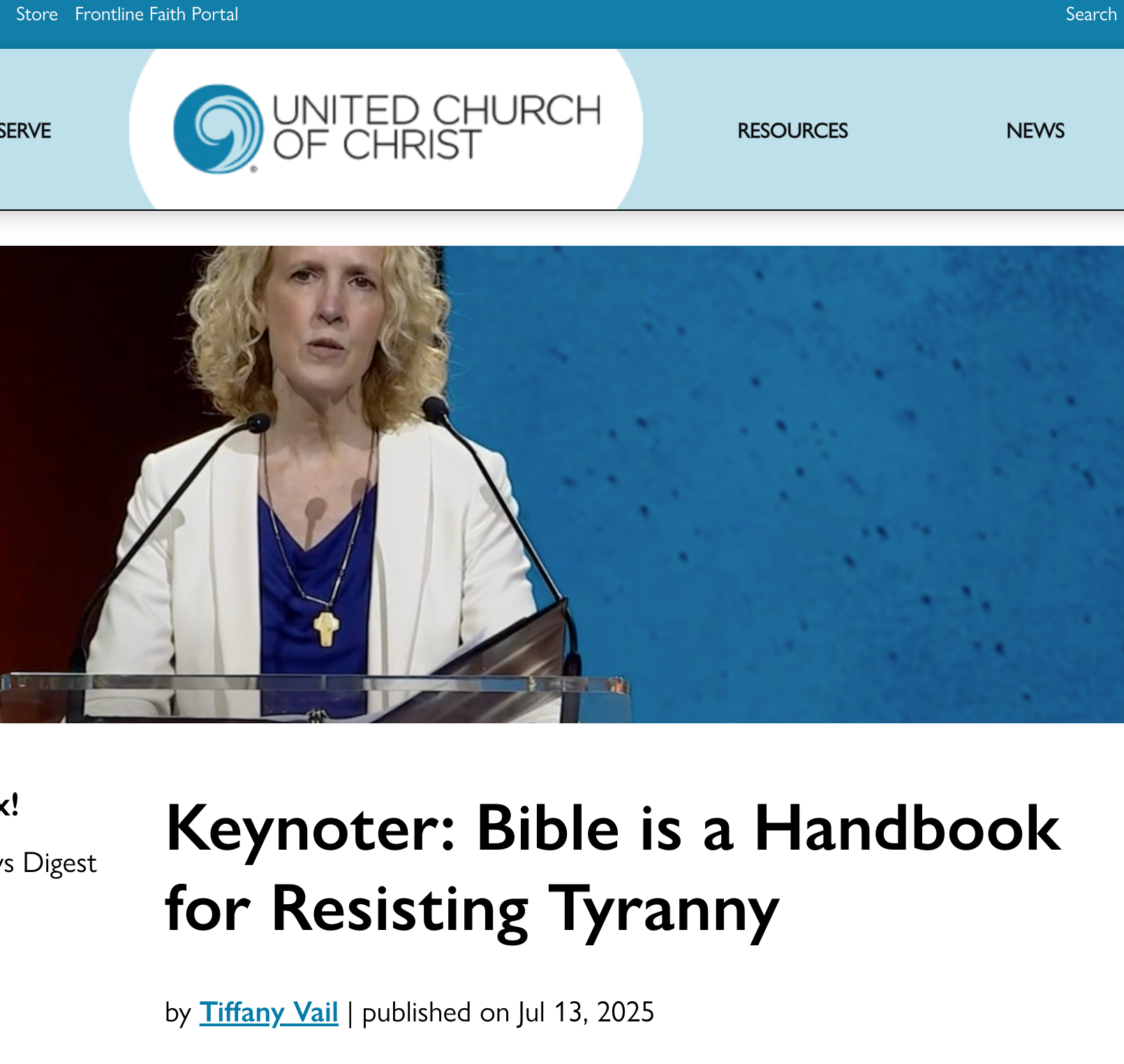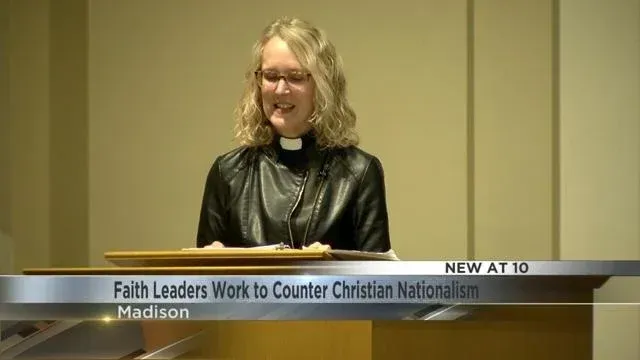Joy and Hope | A Vision in a World of Darkness
When I am at rallies or press conferences, God whispers to me through the words of scripture.
This past Wednesday, I spent the whole day on Capitol Hill with fellow faith leaders, Members of Congress, and community members from all walks of life, to speak out for legislation that will help us all thrive.
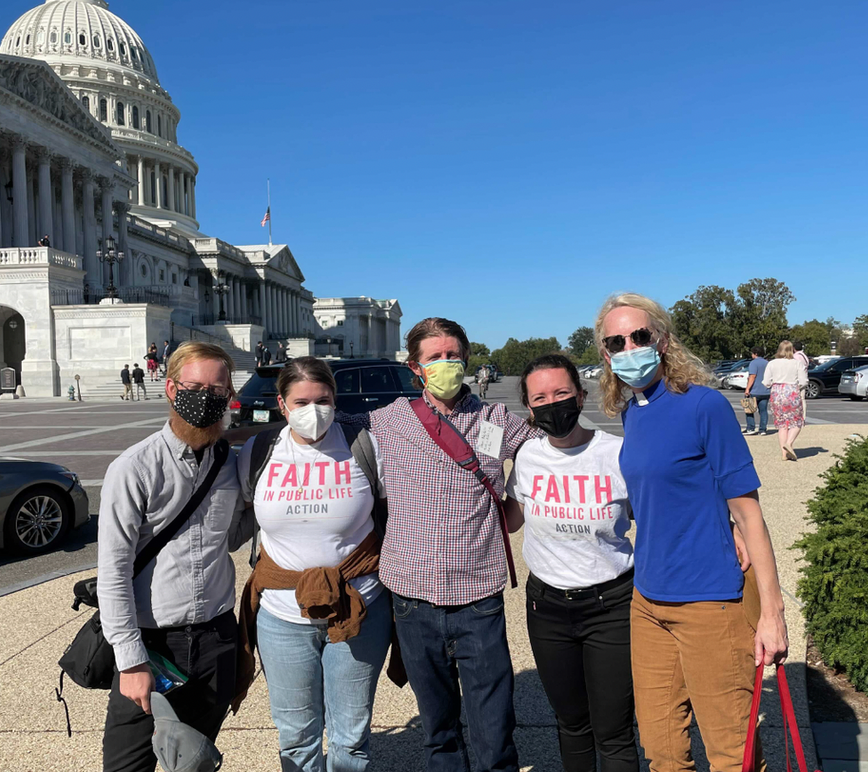
As I jumped out of the cab to rush to the site of my first event-- a press conference-- I reminded myself to slow down and enjoy the warmth of the sun on my head; to notice the Fall breeze on my face, and take in the U.S. Capitol, stark against a deep blue sky. “A perfect Fall day,” I thought to myself.
I headed for the group of news reporters and camera people jostling to and fro in anticipation of catching Members of Congress at our press conference calling for passage of the Build Back Better Plan.
Despite the chaotic scene and my apprehension about our divided Congress, I felt a sense of real joy standing shoulder to shoulder with advocates on this perfect day.
So when Rabbi Jonah Pesner suggested we sing a song while we wait to start, I began to sing the song that was rising up inside me as a result of that joy: " This is the day that the Lord Has Made (we will rejoice and be glad in it.”
Galen Carey of the National Association of Evangelicals joined in. I thought, "Thank God" because I know I am not a singer. Toward the end of the presser, the Rev. Dr. Leslie Copeland Tune of the National Council of Churches began her remarks with this very same verse. She had missed the opening song but was, even so, hitting the same notes.
Periodically other Members of Congress would arrive to speak to their respective moral visions. Each time we widened our circle to greet and include them while cameras flashed and reporters jockeyed.
Here we were gathered in all of our diversity, political differences, and distinct roles, but marching to the same moral tune.
I know for some Christians this is just a song about being thankful for God’s gifts. I see it as more than that. I view it as a radical vision of how we bring joy and hope to a world of darkness in the form of authoritarian greed running amuck destroying our politics and economy.
THIS is the Day: The time is now to act.
That the LORD has made: The God made all of us in God’s image and called creation good.
We will rejoice and be glad in it: Honor God’s creation -- people and planet -- with a spirit of abundance, thanksgiving, and generosity.
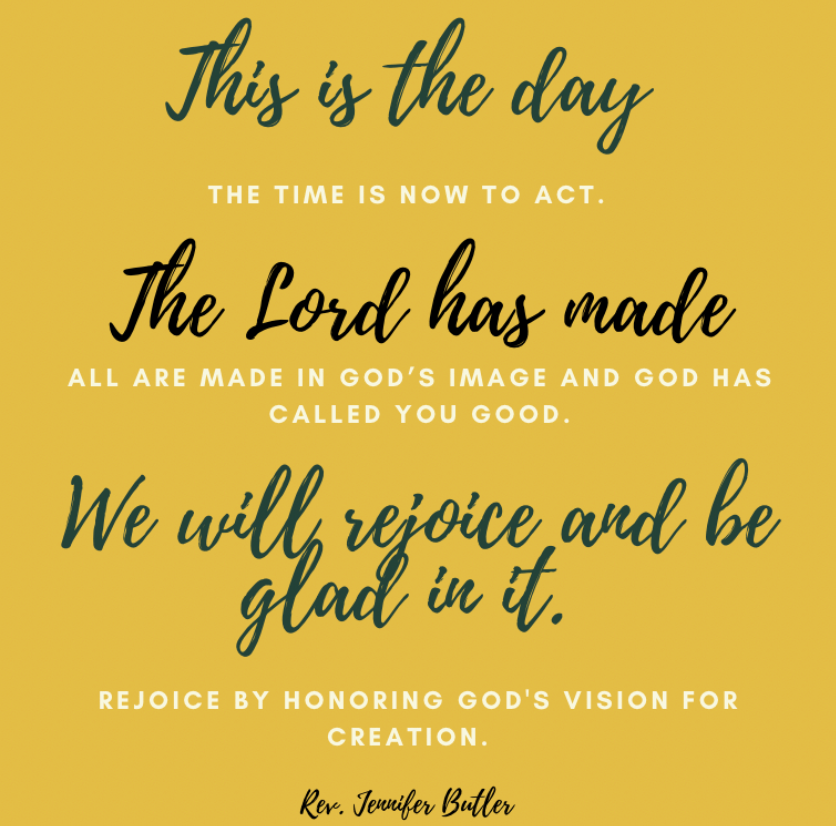
President Biden’s Build Back Better plan would help us overcome the sinful forces that rob people of their dignity, and honor the image of God in our neighbors and families. Throughout our daylong vigil, I listened to the stories of people who are fighting for the legislation because of its life-changing impact. A home-health provider from Georgia who has been paid poverty wages for years highlighted funding for living wages. A pastor who works to provide stable long-term housing for unhoused peoples spoke of the piercing need for Build Back Better’s massive infusion of housing funding. A West Virginian whose mother died alone because family members couldn’t take time off work spoke about the bill’s paid leave provisions.
Others pushed for Build Back Better to include crucial policies that are under threat in final negotiations. A man who has been undocumented for over 20 years pushed for the Biden administration to re-insert a path to citizenship, which was recently removed from the bill. Young folks whose futures depend on bold climate action (just like all of us!) called for resistance to political threats against clean energy funding. The storytelling, the prayers, the joyful call-and-response chants, and the music invigorated us all.
The final version of Build Back Better is still taking shape, and a handful of corrupt Senators are still working to weaken it. They are denying the vision that is laid out in scripture.
But I have hope in leaders that showed up yesterday to speak truth to power. To those who prayed and fasted from sun up to sun down in front of the U.S. Capitol. To people who flew in from all over the country to say yes to God’s vision of abundance.
We have hope that as long as we hold up this vision as the ultimate truth of how we will all flourish, it will one day be a reality. We take joy in the solidarity we find in working toward that goal.
Hope is based not on our ability to predict a positive outcome, but on our commitment to work toward that outcome.
We walk in the footsteps of those who went up against insurmountable odds and prevailed. They tell us to step out in faith. Don’t count the odds or the costs. Know that even when you can’t see it right away, God is blessing your efforts.
Action
- Take a moment and Tweet your Congress representative to support a robust Build Back Better legislation.
- Tweet Action
- Read more about what's at stake in the current political moment and learn what your place is in the fight for everyone to be treated with dignity.
- This clip from Angela Davis, in 2020, still speaks to the current moment in the struggle for justice and Civil Rights. We must carry this spirit of observation and vigilance into relationships of solidarity with those in our communities who are most impacted by centuries of systemic plight.
A prayer
Almighty God,
Empower us, the entire human family, to join hands
And share our journey of faith.
Send us your spirit of hope,
So that we may work
So that we may alleviate human suffering
So that we may foster charity and justice
So that we may heal our world.
Amen.
